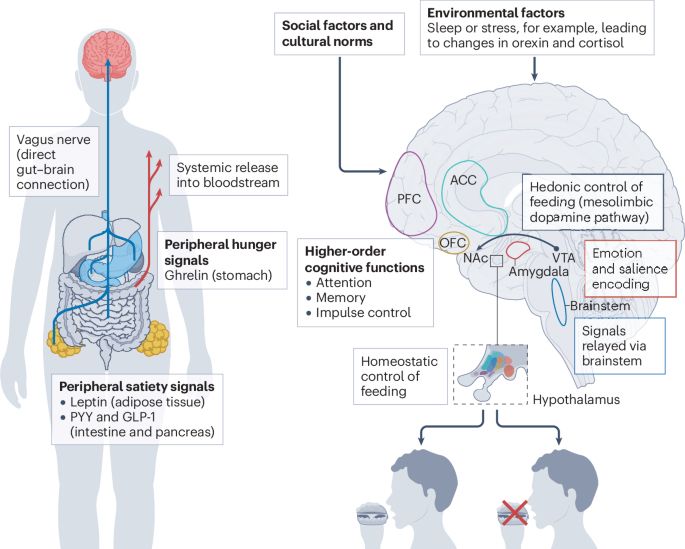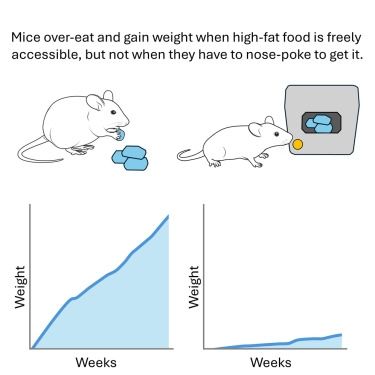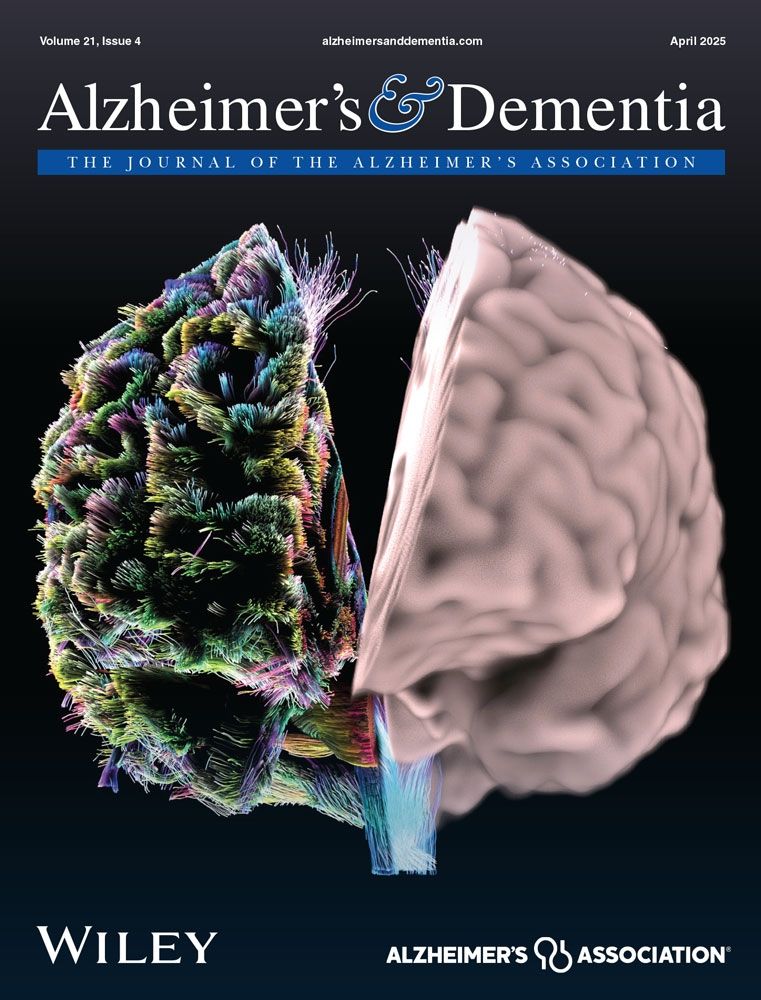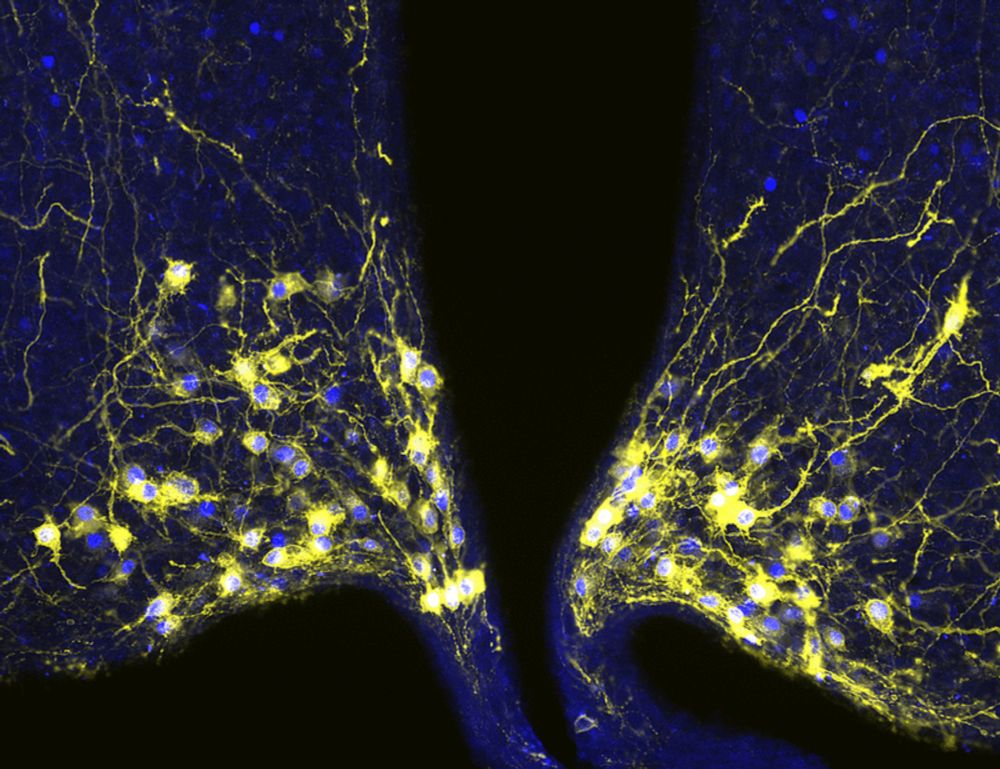Alexander Jais
@jaislab.bsky.social
92 followers
210 following
10 posts
Group leader @HIMAG_Leipzig | Neurobiology & Metabolic Research | Neural circuits linking food intake, brain function and metabolism in obesity
Posts
Media
Videos
Starter Packs
Reposted by Alexander Jais
franz
@franzanth.bsky.social
· Sep 4
Craig Kaplan
@triggerloop.bsky.social
· Sep 3

One mother for two species via obligate cross-species cloning in ants - Nature
In a case of obligate cross-species cloning, female ants of Messor ibericus need to clone males of Messor structor to obtain sperm for producing the worker caste, resulting in males from the same moth...
www.nature.com
Reposted by Alexander Jais
Alexander Jais
@jaislab.bsky.social
· Aug 11
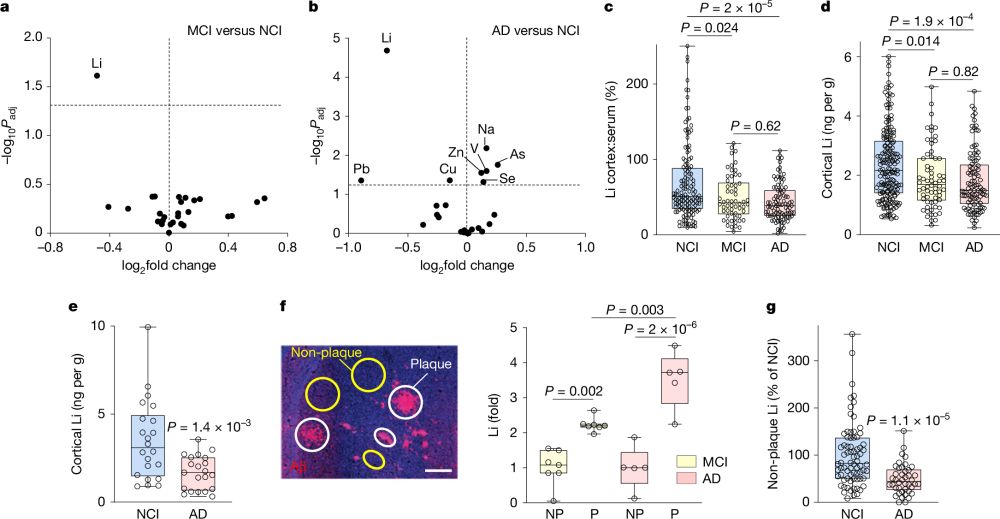
Lithium deficiency and the onset of Alzheimer’s disease
Nature - Lithium has an essential role in the brain and is deficient early in Alzheimer’s disease, which can be recapitulated in mice and treated with a novel lithium salt that restores the...
rdcu.be
Reposted by Alexander Jais
Reposted by Alexander Jais
Reposted by Alexander Jais
DER SPIEGEL
@spiegel.de
· Apr 24

Tierversuche: Warum sich mehr als 110 Forschende zu den Experimenten bekennen
Aus Deutschland sprechen sich 110 Wissenschaftlerinnen und Wissenschaftler öffentlich für Tierversuche aus. Frank Kirchhoff, Initiator der Aktion, sagt, warum Experimente an Mäusen, Ratten und Fischen immer noch sein müssen.
www.spiegel.de
Reposted by Alexander Jais
adhideb.bsky.social
@adhideb.bsky.social
· May 13
Reposted by Alexander Jais
Alexander Jais
@jaislab.bsky.social
· Apr 25

Hypothalamic PNOC/NPY neurons constitute mediators of leptin-controlled energy homeostasis
Activation of PNOCARC neurons promotes feeding. Here, Solheim et al. describe PNOC
neurons in the murine ARC as mediators of leptin action in body weight maintenance.
Moreover, they molecularly and fu...
www.cell.com
Alexander Jais
@jaislab.bsky.social
· Apr 9
Alexander Jais
@jaislab.bsky.social
· Apr 9
Alexander Jais
@jaislab.bsky.social
· Apr 9
Alexander Jais
@jaislab.bsky.social
· Apr 9
Alexander Jais
@jaislab.bsky.social
· Apr 9

Reduced Notch signaling in hypothalamic endothelial cells mediates obesity-induced alterations in glucose uptake and insulin signaling
Short-term transition to high-fat diet (HFD) feeding causes rapid changes in the molecular architecture of the blood-brain barrier (BBB), BBB permeabi…
www.sciencedirect.com
Alexander Jais
@jaislab.bsky.social
· Apr 7

Reduced Notch signaling in hypothalamic endothelial cells mediates obesity-induced alterations in glucose uptake and insulin signaling
Short-term transition to high-fat diet (HFD) feeding causes rapid changes in the molecular architecture of the blood-brain barrier (BBB), BBB permeabi…
www.sciencedirect.com






